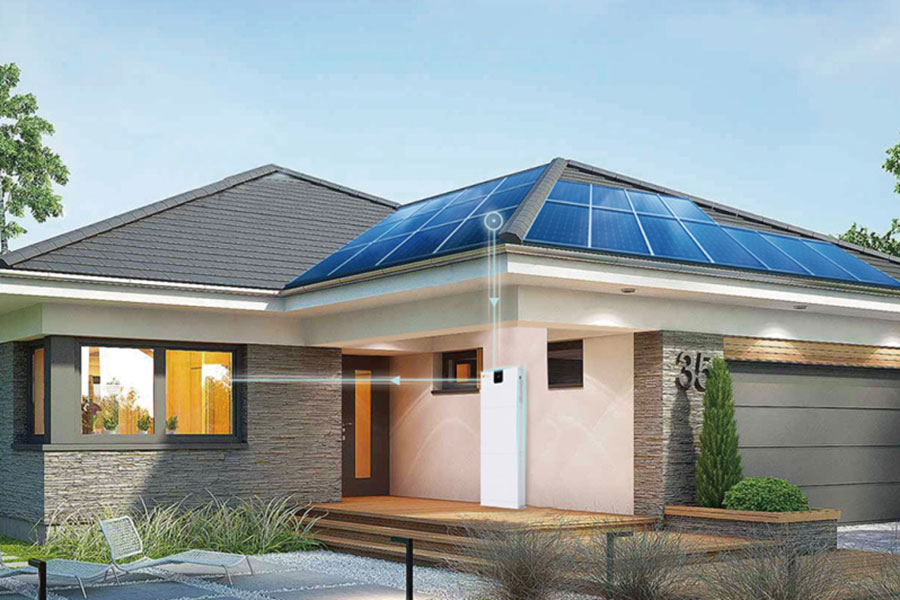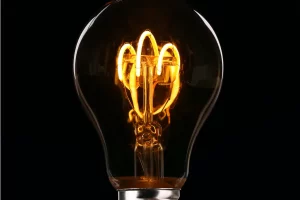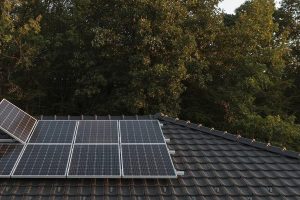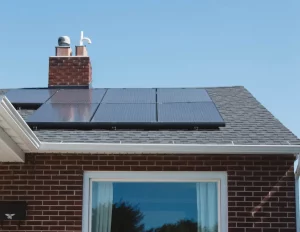Home electricity storage has become increasingly important as households seek to optimize their energy usage, reduce reliance on the grid, and prepare for power outages. Among the various options available, lead-acid batteries have emerged as a popular choice for storing electricity at home.
Lead-acid batteries have been a trusted technology for decades, offering a balance between affordability, reliability, and performance. In this article, we will explore the concept of home electricity storage using lead-acid batteries, examining their advantages, limitations, and considerations for implementation.

Whether you are looking to enhance your energy independence, mitigate peak electricity costs, or have a backup power solution, understanding the potential of lead acid batteries in home electricity storage will help you make informed decisions about energy management in your household.
Is Lead-Acid Batteries viable option for home electricity storage?
Lead acid batteries can be a viable option for home electricity storage, depending on the specific requirements and circumstances.
Lead-acid batteries are generally more affordable compared to some other battery technologies, making them an attractive option for consumers with budget constraints. If cost-effectiveness is a priority, lead-acid batteries may be a viable choice.
This type of batteries have a lower energy density compared to some other battery types, which means they require more physical space for the same amount of energy storage. If you have limited space available, lead-acid batteries might not be the most efficient option.
Lead-acid batteries are capable of delivering high surge currents, which can be beneficial for applications that require a sudden spike in power, such as starting electric motors. If your home has specific power demands that require high surge capacity, lead acid batteries may be a suitable choice.
Lead acid batteries require regular maintenance to ensure their optimal performance and lifespan. If you are willing to dedicate time and effort to properly maintain the batteries, they can be a viable option. However, if you prefer a maintenance-free solution, other battery technologies like lithium-ion batteries may be more suitable.
Lead-acid batteries contain lead, a toxic heavy metal. While they are highly recyclable, it is important to handle and dispose of them properly to avoid environmental pollution. If you prioritize environmental sustainability, you may want to explore alternative battery technologies with lower environmental impact, such as lithium-ion or other chemistries.
What are the advantages of using lead acid batteries for electricity storage at home
Lead-acid batteries have been widely used for storing electricity, especially in applications such as home energy storage systems and backup power supplies. Let’s explore some of the pros and cons of using lead-acid batteries for storing electricity at home:
Advantages of lead-acid batteries for electricity storage at home
- Cost-effective. Lead acid batteries are relatively inexpensive compared to many other battery technologies, making them an attractive option for cost-conscious consumers.
- Well-established technology. Lead-acid batteries have been around for a long time and are a mature technology. They are reliable and widely available, with an established infrastructure for manufacturing, distribution, and recycling.
- High surge capacity. Lead acid batteries can deliver high surge currents, which is important for applications such as starting electric motors or handling sudden spikes in power demand.
- Tolerant to a wide temperature range. Lead acid batteries can operate effectively in a wide range of temperatures, including extreme cold and hot environments, making them suitable for various climates.
- Recyclable. Lead-acid batteries are highly recyclable, with well-established recycling processes. The lead and other materials in the batteries can be reused, reducing environmental impact.
Disadvantages of using lead-acid batteries for home electricity storage
- Low energy density. Lead-acid batteries have a relatively low energy density compared to other battery technologies. This means they are bulkier and heavier for the same energy storage capacity, which may be a limitation in space-constrained installations.
- Limited cycle life. Lead acid batteries have a limited number of charge-discharge cycles compared to some other battery types. The number of cycles they can undergo before their performance significantly degrades is lower, which can impact their lifespan and overall cost-effectiveness.
- Maintenance requirements. Lead acid batteries require regular maintenance, including monitoring and maintenance of electrolyte levels, ensuring proper ventilation, and periodic equalization charging to prevent sulfation. This can be time-consuming and may require additional expertise.
- Environmental considerations. Although lead-acid batteries are recyclable, they contain lead, a toxic heavy metal. Improper handling or disposal of lead-acid batteries can lead to environmental pollution and health risks. It is important to ensure proper recycling and disposal practices are followed.
- Self-discharge. Lead acid batteries have a relatively high self-discharge rate, meaning they lose their charge over time even when not in use. This can be problematic if the batteries are needed for infrequent or emergency use.
It’s worth noting that there are other battery technologies available for home energy storage, such as lithium-ion batteries, which offer higher energy density and longer cycle life but may come at a higher cost.
Which companies make lead-acid batteries for home electricity storage
Several manufacturers produce lead acid batteries suitable for home electricity storage. Here are some well-known manufacturers in the lead-acid battery industry.
Trojan Battery Company
Trojan is a reputable manufacturer known for its deep-cycle lead-acid batteries. They offer a range of battery models suitable for home energy storage applications.
Exide Technologies
Exide is a global leader in stored electrical energy solutions, including lead-acid batteries for various applications. They produce a wide range of batteries, including those designed for residential energy storage.
East Penn Manufacturing Co.
East Penn is one of the largest lead acid battery manufacturers in the United States. They produce batteries under the Deka brand, which includes models suitable for home electricity storage.
Enersys
Enersys is a global provider of stored energy solutions, offering lead-acid batteries for diverse applications. Their product lineup includes batteries designed for residential energy storage systems.
Crown Battery
Crown Battery is known for its high-quality lead acid batteries, including those used in residential energy storage. They offer a range of deep-cycle batteries suitable for home applications.
These are just a few examples of manufacturers that produce lead-acid batteries for home electricity storage.
What are the alternatives to lead-acid batteries for electricity storage at home
There are several alternative battery technologies to lead-acid batteries for home electricity storage. Here are some commonly used alternatives.
- Lithium-ion Batteries. Lithium-ion (Li-ion) batteries have gained significant popularity in recent years due to their higher energy density, longer cycle life, and lighter weight compared to lead-acid batteries. They offer efficient energy storage and are widely used in various applications, including home energy storage systems.
- Nickel-Cadmium Batteries. Nickel-Cadmium (NiCd) batteries have been used for decades and are known for their long cycle life and durability. They can withstand extreme temperatures and have a high tolerance for deep cycling. However, they contain toxic materials and have lower energy density compared to lithium-ion batteries.
- Nickel-Metal Hydride Batteries. Nickel-Metal Hydride (NiMH) batteries are an alternative to lead-acid batteries for home energy storage. They offer higher energy density than lead-acid batteries and have good cycle life. However, they are less common and have slightly lower performance compared to lithium-ion batteries.
- Flow Batteries. Flow batteries are a unique type of battery that store energy in electrolyte solutions contained in external tanks. They offer scalability and potentially unlimited cycle life. Flow batteries, such as vanadium redox flow batteries (VRFBs), are suitable for larger-scale home energy storage systems but are currently less common and more expensive.
- Sodium-Ion Batteries. Sodium-ion batteries are an emerging technology that holds promise for home energy storage. They are similar to lithium-ion batteries but use sodium ions instead of lithium ions. Sodium-ion batteries have potential for lower cost and greater availability of raw materials.
It’s important to consider factors such as energy density, cycle life, cost, and environmental impact when evaluating alternative battery technologies for home electricity storage. Each technology has its own advantages and limitations, and the choice depends on individual needs, budget, and preferences.
Conclusion
Lead-acid batteries present a viable option for home electricity storage, offering a balance between affordability, reliability, and performance. Their long-standing presence in the battery industry, coupled with their high surge capacity and ability to operate effectively in a wide temperature range, make them suitable for residential applications.
While lead acid batteries have their advantages, such as cost-effectiveness and well-established recycling processes, they also come with limitations. Factors such as their lower energy density, limited cycle life, maintenance requirements, and environmental considerations should be carefully considered before implementing them for home electricity storage.



